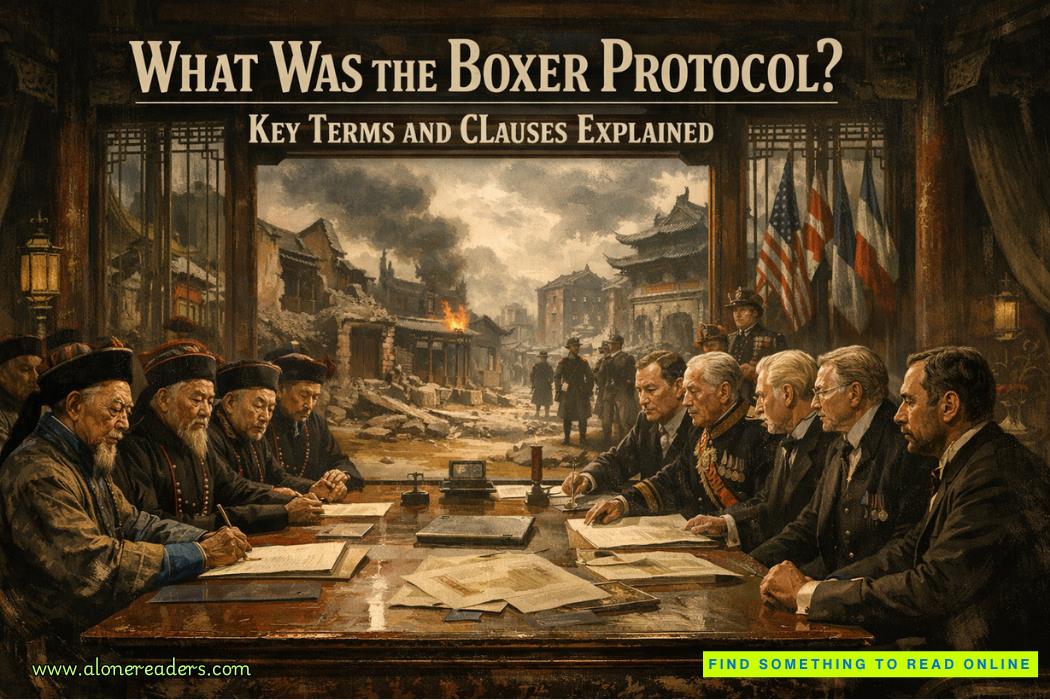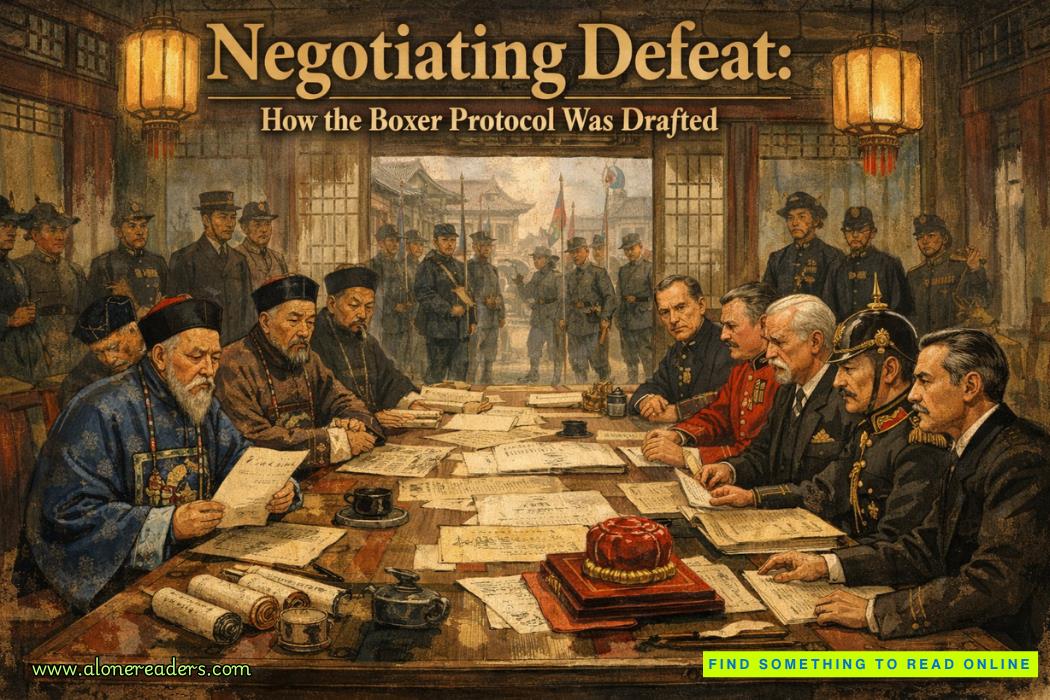2.
I’d known from the estate agent’s brochure that No. 3 Teapot Row in the village of Ballybray was a humble little home, but I also could tell that it would be safe, far away from danger or threat of the ghost of my ex-husband ever finding us again.
The sandstone exterior with cute white wooden sash windows and wisteria had caught my eye as I flicked through properties online, and I couldn’t believe my luck at the price tag. It had a small garden to the front with a little path that led to a green door – every door in the row was painted a different colour – and a back garden that had enough room for a swing and a paddling pool in summer.
We had made it this far. It was ours now, so I took a deep breath and stepped inside, trying to look at every single part of it through positive eyes.
The musty smell of the poky hallway that was just big enough for two hit me first, and I convinced myself that the tiny kitchen meant there was a lot less to clean than the house we had left behind. The living room with a circa1970s fireplace was ‘vintage,’ rather than old, I decided. Yes, vintage was good. I could work with vintage.
‘I love it,’ I repeated to myself internally. ‘I really love it.’
Truth be told, I didn’tquitelove it at first. I was absolutely petrified, but I was determined that one day I would love it with all my heart and never want to leave.
Our new home was third from the end in a row of eight semi-detached two-storey stone cottages, and I’d sealed the deal by calling up the nearest estate agent who told me my luck was in, but who also seemed baffled by my choice of destination when he heard my city accent.
I remember how I fought back tears at the enormity of it all when I walked inside and smelled the unfamiliar interior of a place I’d pledged to try to make a home for us. It was to be a brand new start, a new beginning, a place where we could be whoever we wanted to be, in a village I knew virtually nothing about and, more importantly, with people who knew nothing about me.
I would transform, I would reinvent, and most of all I would heal, because inside I was broken and Mabel knew it instantly. When the door knocked a few hours after our first meeting across the fence, Ben let Mabel in despite my efforts to ignore her, and she found me crouched in the corner of the unfamiliar living room with a face smeared in streaky tears after I’d given up unpacking clothes and given in to the terror of a future that seemed so daunting, so unfamiliar, and so utterly frightening.
‘You’re wading through treacle right now, girl,’ she told me with deep understanding, pushing back my hair and wiping my tears. ‘You’re swimming against the tide, but it won’t always be like this, do you hear me? You’re a fighter, and you’ve made the right decision coming here, I can tell. Stick with it, and stick with me. You’re gonna be just fine.’
She hugged me so tightly like an old friend would and she didn’t let go until I felt some of my worries disintegrate in her embrace.
I gave her nothing in return at first, but she never gave up on me from that day on. She brought us hot dinners when I was having a bad day and couldn’t face cooking a proper meal, she took Ben to school and sent me back to bed to rest, and she gently gave me space to do my own thing when she knew I needed it.
‘Why do you care?’ I asked her one day as she was fussing over a hem on Ben’s school trousers. Her warmth and motherly nature were alien to me, and I just couldn’t understand why she gave so much despite getting so little in return.
‘Don’t ever run away or be afraid of kindness, Roisin,’ she told me as she repaired the hem on the little pair of grey trousers. ‘You deserve love and to be loved. We all do.’
The best thing was, Mabel’s words were never insincere, because Mabel Murphy reminded me every single day since then that I’d made the right decision to move to Ballybray, and that I was going in the right direction in life.
She celebrated with me when Ben got through his firstday at his new school without tears, she danced with me when I got my part-time job in the clothes shop, Truly Vintage, and she took no excuses when I mentioned how I’d always dreamed about playing the violin as a child but had never learned. Before I knew it, she’d signed me up to a weekly class at the community centre, and when I mentioned how I’d need a babysitter, she pledged that she and Ben would have a weekly movie night while I headed off with my second-hand violin case in hand, feeling full of vigour and overflowing with the magic that only playing music can bring.
Mabel steered me on the right track in every walk of life from the first day I arrived in Ballybray, and the more she told me I was winning, the more I eventually believed it.
She brought us groceries when I didn’t have the energy or inclination to go food shopping, she listened to me cry when the overwhelming waves of trauma from years gone by visited me late into the night, she made me laugh until my sides ached with her witty one-liners and stories of her days in New York city as a cabaret singer. She made me believe in unconditional love when I thought my cynical old heart had been broken for ever, and most of all, she gave me a sense of family that I’d never had before. She gave me a rock to lean on, a shoulder to cry on, and friend who was always there to cheer me on.
‘You’re like the mother I never had,’ I told her one night when she’d stood at the front row of my first concert in the community centre and clapped with a beaming smile untilher hands were sore and tears dripped down her face. Mygrupa ceoilhad played a classic but simple Irish tune called ‘The Mountains of Pomeroy’ together with tin whistles, fiddles and guitars, but to Mabel you’d have thought I’d just performed with the London Symphony Orchestra.
In return for all the love I felt from her, she told me that I made her glow inside with my warrior strength and determination to make things better. I listened to her with awe and excitement as she recounted tales of her home city of New York, of the love she shared with her late husband Peter, and by being there to share her last few years with her, she said that Ben and I showed her how to live life to the full again. We gave her a reason to get up in the morning that didn’t involve her talking to herself or to the plants in her garden. She enjoyed picking Ben up from school and she looked forward to Christmas, to birthdays and to holidays like she hadn’t done since Peter’s passing just a year before we moved to Ballybray.
‘I wish I’d come here soon enough to meet Peter,’ I used to tell her often.
She would look up at his photo on the mantelpiece, which stood alongside a framed picture of Peter’s very handsome nephew Aidan, who lived in America, and recall how much Peter had never feared she would be alone in Ballybray for long.
‘He told me he’d send me an angel,’ she used to say, clasping her frail but hard-working hands to her chest as she thoughtof him. ‘I like to think he knew you were coming here soon after he left. He was right. It didn’t take long.’
Now, four years later and only two days after her funeral when we’d said our heart-breaking goodbyes to Mabel, our cosy living room that was once always filled with her laughter, her wise words and her sometimes intense swearing when she really wanted to make a point, is drenched in the darkness of a dull Saturday afternoon in November.
Snowflakes hit the window, then melt and trickle down the pane, reflecting our mood as Ben and I sit together side by side in the quiet, contemplating what the hell we are meant to do without her. The TV is off again, the clock breaks the silence as it ticks back time on the wall, and we drift between staring into corners of the room, to looking out of the window to falling asleep for brief naps, and nibbling on snacks from the cupboard left over from her wake. We are a sight of misery and despair once more, yet I can’t shake it off, and neither, it seems, can Ben.
What would Mabel say if she saw us like this, I find myself wondering? I close my eyes and hear her raspy New York accent, telling me to shake off the cobwebs of the day and go do something fun.
She was a dancing-in-puddles type of woman when it rained, a ‘ditch work and let’s hit the lake for a swim’ sort when the sun shone, and she taught me to value every moment of time, knowing that nothing lasts for ever, so why can’t I continue on with how she’d like us to be?
‘How about we go outside and have a snowball fight?’ I ask Ben, trying my best to sound just a little like her. I even put on an American accent for effect, but he rolls his eyes at my efforts. At least it’s a reaction of some sort.
‘Or we could walk down by the lake?’ I suggest. ‘Feed the ducks? I bet they’re starving.’















